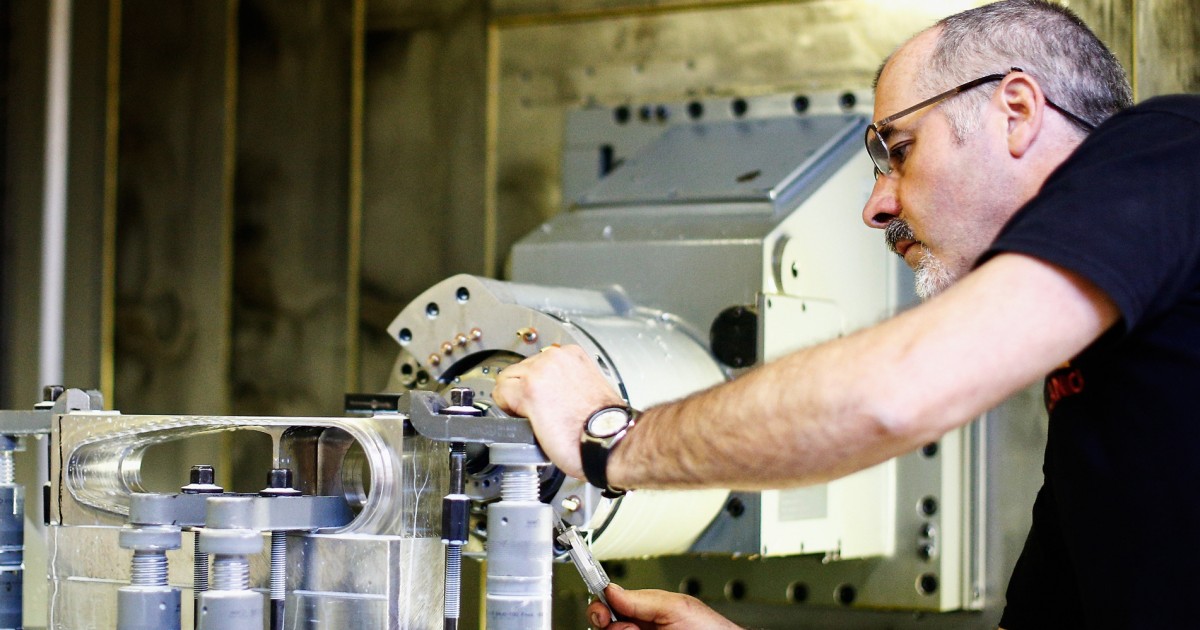
Thermal Control Systems
Thermal Control Systems (TCS) are a set of technologies and methods used to manage the temperature of spacecraft and their components. The TCS is responsible for maintaining the temperature range required for the proper functioning of the spacecraft and its payloads. The TCS uses a combination of passive and active cooling techniques to manage the heat generated by the spacecraft and the heat absorbed from the sun and the environment. Passive cooling techniques include the use of insulation, reflective coatings, and radiators, while active cooling techniques include the use of heat pumps, heat exchangers, and fluid loops. The TCS also includes temperature sensors and controllers to monitor and regulate the temperature of the spacecraft and its components.
Your Previous Searches
Random Picks
- Gain: In space and astronautical engineering, gain refers to the increase in signal power or amplitude from an input to an output of a system. It is a measure of the amplification of a signal by an electronic system. Gain is an important paramete ... Read More >>
- Safety Assessment: Safety Assessment is the process of identifying, analyzing, and evaluating potential hazards and risks associated with space missions, systems, and operations. It involves the development of safety requirements, procedures, and guidelines t ... Read More >>
- Internships: Internships are temporary positions offered by companies or organizations to students or recent graduates to gain practical experience in their field of study. In the context of space and astronautical engineering, internships can provide o ... Read More >>
Top News

A day at Uranus just got 28 seconds longer...
A day at Uranus just got a little longer...
News Source: ABC News on 2025-04-07

SpaceX's Fram2 returns from first-of-its-kind mission around Earth's poles...
The Fram2 mission, paid for and led by a cryptocurrency billionaire who is flying with three guests, has returned after a journey on a unprecedented polar orbit....
News Source: CNN on 2025-04-04

Scientists release plans for an even bigger atom smasher to address the mysterie...
GENEVA — Top minds at the world’s largest atom smasher have released a blueprint for a much bigger successor that could vastly improve research into the remaining enigmas of physics....
News Source: NBC News on 2025-04-01

Scientists release plans for even bigger atom smasher along the French-Swiss bor...
Scientists at the world’s largest atom smasher have released a blueprint for a much bigger successor that could help solve enigmas of physics, starting in the mid-2040s at a cost of about $16 billio...
News Source: ABC News on 2025-04-01

The 'Blaze Star' hasn't exploded yet, but it could soon...
T Coronae Borealis has an outburst every 79 to 80 years, according to NASA....
News Source: ABC News on 2025-03-28